Over the years, the most scoring section of the NEET UG exam is Chemistry. That is why, it is important to prioritize the preparation of chemistry as a subject separately for maximum benefit. The Droppers can easily maximize their NEET exam score by doing effective preparation of the chemistry subject. In this article, we are going to provide students the answer to the question: How Should I Prepare Chemistry for NEET 2026 as a Dropper?
How Should I Prepare Chemistry for NEET
NEET Chemistry preparation is sometimes overlooked by students because the exam’s difficulty level is moderate and the weightage of the questions is lesser than that of the Biology section. This frequently results in fear immediately before the exam and a low marks in the Chemistry section of NEET. Many students have to take drop year(s) due to low marks in NEET UG chemistry. Experts and toppers encourage students to devote equal priority to all NEET topics, including Chemistry. That is why, you should know the answer of “How Should I Prepare Chemistry for NEET?”
Check :- NEET UG Final Answer Key 2025
How Should I Prepare Chemistry for NEET 2026 as a Dropper?
The NEET 2026 exam is scheduled for May 03, 2026 (tentative). Dropper candidates should aim for full marks in NEET UG 2026 Chemistry exam to get admission into their dream college. For this, they should know the expert proven tips and strategies to maximize your score in chemistry section of the NEET. The NEET question paper consists of 45 questions from chemistry accounting for 180 marks. To score a perfect 180 marks, medical aspirants must distribute their time according to the weightage of each topics.
How Should I Prepare for Chemistry for NEET 2026 as a Dropper?
NEET Chemistry is classified into three parts: Physical Chemistry, Inorganic Chemistry and Organic Chemistry. Each section is distinct, and so is its preparation method. The identical method of preparation won’t be effective for all three parts. The preparation strategy for each Chemistry section for NEET has been described separately below.
How Should I Prepare Physical Chemistry for NEET 2026 as a Dropper
There will be 15-20 questions related to Physical Chemistry, the majority of which may be numerically focused. This section features questions primarily focused on four main areas: chemical and ionic equilibrium, redox reactions, liquid solutions, and electrochemistry. Approximately 8-12 questions in Physical Chemistry focus on these four subjects. Nonetheless, grasping the concepts is crucial prior to attempting to solve the problems. The order of steps to take when getting ready for the Physical Chemistry part for NEET is outlined below.
- Go through the chapter from NCERT.
- Write the key formula on a piece of paper.
- Peruse the identical chapter from the chosen reference material.
- Understand the use of these equations.
- Incorporate the additional details you discover in the reference materials into your notes.
- Begin answering questions independently now.
- Revise in the same order.
How Should I Prepare Inorganic Chemistry for NEET 2026 as a Dropper
A common error that medical candidates frequently commit is overlooking this part of NEET Chemistry. In recent years, the number of questions asked from this section has equaled that from Organic/Physical Chemistry. In NEET 2025, you can anticipate approximately 10-18 questions from this section. Key topics from this part of NEET Chemistry include chemical bonding, p-block elements, and coordination compounds. Collectively, these consist of roughly six to eight questions derived from them.
How Should I Prepare Organic Chemistry for NEET 2026 as a Dropper
The NEET Organic Chemistry section will consist of 14-18 questions. The chapter titled ‘General Organic Chemistry’ is the most significant in this section. Grasping the concepts and their applications is crucial for achieving a high score in this area. Along with GOC, one must also finish Isomerism and Effects. This group will assist in addressing most queries from this section. Moreover, prior to tackling the questions in this section, it is recommended by experts to finish at least GOC, hydrocarbons, alcohol, aldehyde, amines, and alkyl halides.
- Organic chemistry is another high-scoring section of chemistry.
- Students typically encounter difficulties in organic chemistry due to insufficient understanding of the class 11 topics.
- In contrast to other areas of chemistry, organic chemistry in 11th grade is tightly connected to topics in 12th grade.
- Therefore, understanding the fundamentals is important.
- When learning inorganic chemistry, begin with IUPAC < Isomerism < GOC1 < GOC2 < and so on.
- Reactions in NCERT hold great significance.
- Create reaction charts for improved understanding.
- Practice questions from top reference books like MS Chauhan
How Should I Prepare Chemistry for NEET 2026 as a Dropper- Revision Tips
Revision is the key to scoring good marks in the NEET UG 2026 chemistry section. Candidates can check the NEET Chemistry revision tips 2026 below.
- Set aside at least two hours for revision every day.
- Stick to the correct revision cycle.
- Do not procrastinate!
- Revise your chapter notes the day after they are completed. Revise the same chapter after three days, then seven days.
- Continue repeating this pattern until you’ve felt every topic.
- Continue participation in revision tests.
- Prepare for at least two weekly tests and one to two monthly tests.
- Once you’ve finished the examinations, it’s vital to do a thorough analysis of each topic.
- During the analysis, follow this cycle: Common blunders, math errors, speed, corrections, and clarification of doubts.
How Should I Prepare Chemistry for NEET 2026 as a Dropper- Important Topics
Many people have problems determining the order in which the chapters should be read. This section of ‘How to Study Chemistry for NEET’ will assist you in determining the sequence.
| Name of the Chapter | No. of Questions Asked | Preparation Strategies |
| General Organic Chemistry | 20-25 questions asked from these chapters |
|
| Hydrocarbons | ||
| Alcohol | ||
| Aldehyde | ||
| Amines | ||
| Periodic Table | ||
| Metallurgy | ||
| Structure of Atom | ||
| Alkyl Halide | ||
| Chemical bonding | ||
| Hydrogen | ||
| p-block | ||
| d-block | ||
| f-block | ||
| Surface Chemistry | ||
| Chemistry in everyday life | 10-15 questions asked from these concepts |
|
| Environmental chemistry | ||
| Polymers | ||
| Biomolecules NCERT only | ||
| Redox | ||
| Some basic concepts | ||
| Solid states | ||
| Coordination | ||
| Thermodynamics | Very less no. of questions asked from these chapters |
|
| Chemical kinetics | ||
| Equilibrium | ||
| States of matter | ||
| Electrochemistry | ||
| Solution |








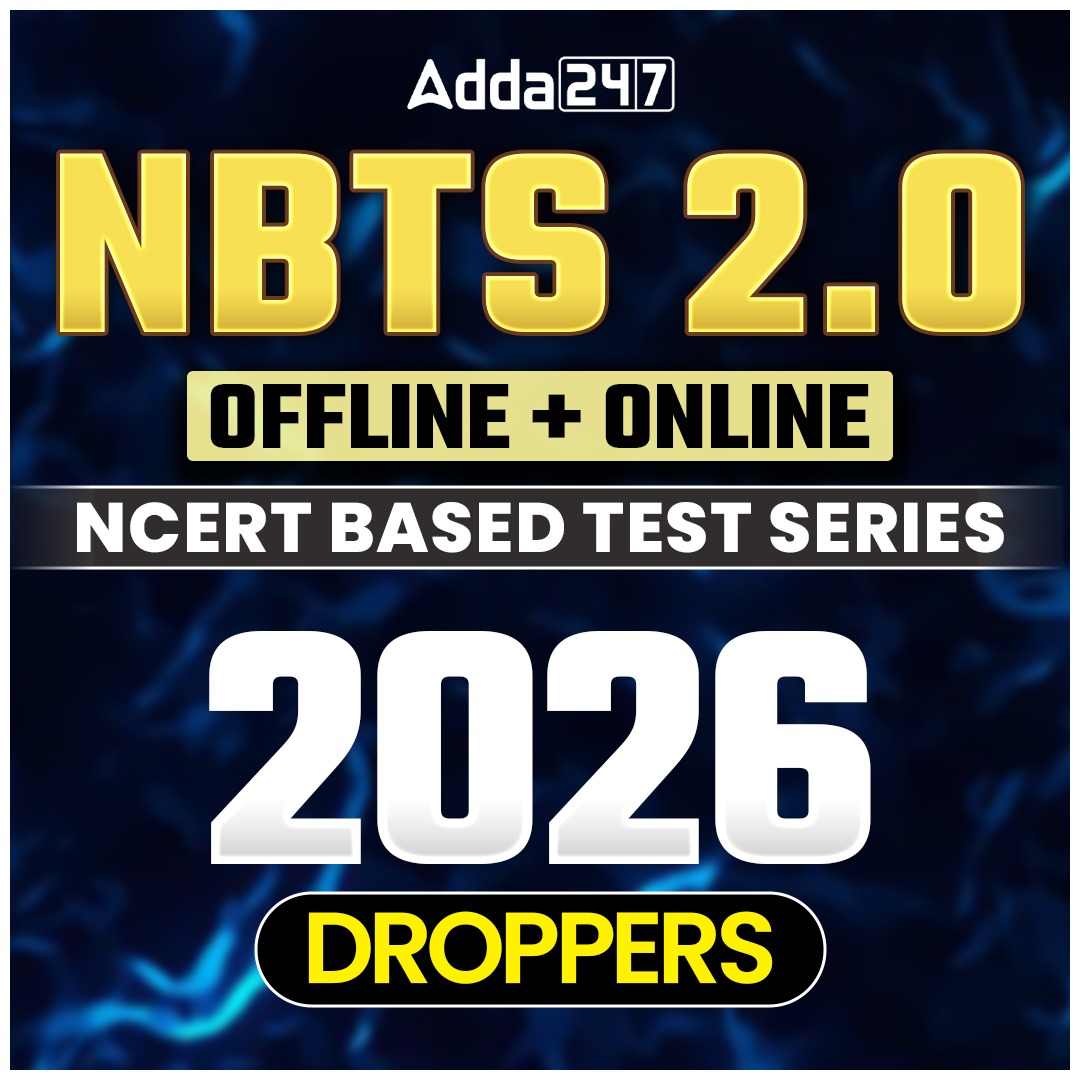

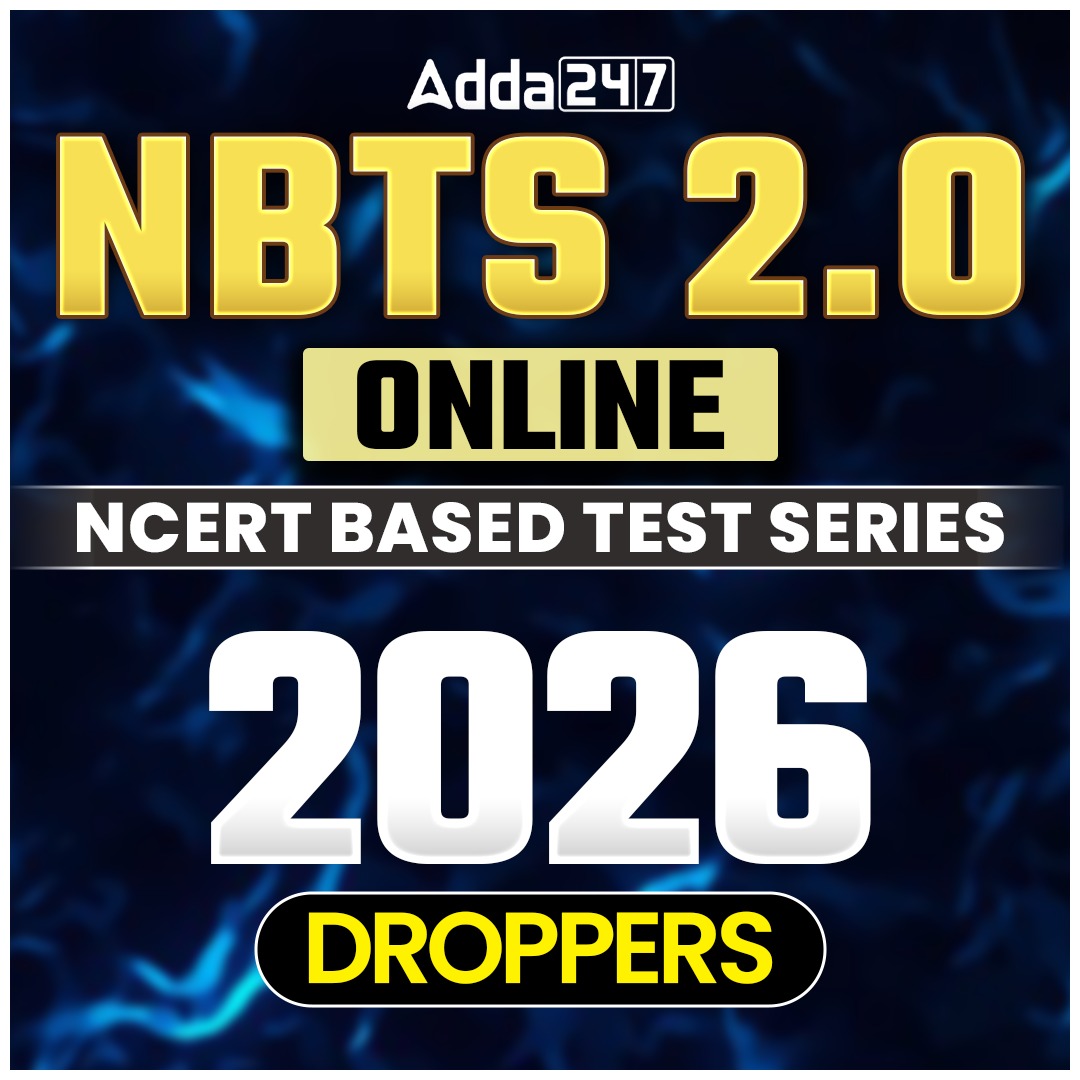
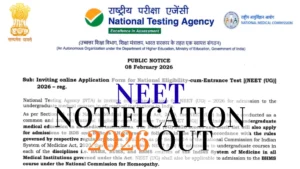 NTA NEET 2026 Notification OUT at neet.n...
NTA NEET 2026 Notification OUT at neet.n...
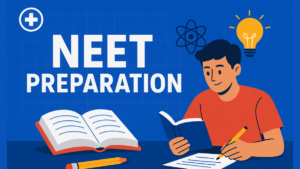 NEET Preparation Strategy 2026: Detailed...
NEET Preparation Strategy 2026: Detailed...
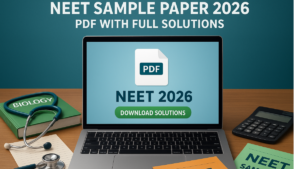 Free NEET Sample Papers 2026 PDF | Downl...
Free NEET Sample Papers 2026 PDF | Downl...








